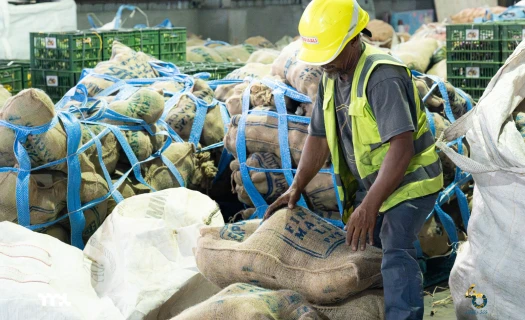Tue, 03 Mar 2026
|DHIVEHI
Air Transport: A key driver of the Maldives’ economy
14 Dec 2024
|

Photo: ATR
Air transport plays a pivotal role in the economic and social development of the Maldives, supporting 71 per cent of the country’s GDP, generating USD 4.7 billion annually, and providing 212,200 jobs across aviation, tourism, trade, and related sectors.
Tourism, the largest economic contributor, is particularly dependent on air connectivity. It generates USD 4.2 billion and employs 199,000 people, with international visitors spending USD 4.4 billion annually. This highlights the crucial link between tourism and the aviation industry.
Beyond tourism, the aviation sector itself directly contributes to the nation’s economy. A total of 4,900 individuals are employed in airlines, airports, and related industries, generating USD 222.2 million in GDP. Additionally, the sector’s impact extends further through supply chains and ancillary industries, reinforcing its role in the nation’s broader economic development.
International air connectivity has also been a major enabler for the Maldives. The country is linked to 37 international airports, with 40 outbound flights daily to 22 countries. While regional connectivity within Asia-Pacific has declined by 17.1 per cent since 2014, connections to other regions have grown by an impressive 177 per cent. Dubai stands out as the top destination, receiving 6.5 per cent of total passenger traffic.
In addition to passenger traffic, air cargo plays a vital role in supporting trade. In 2023, Maldivian airports handled 41,800 tonnes of goods. Despite ranking 78th globally in air cargo markets, the Maldives is still 156th in overall trade, underscoring the importance of aviation in overcoming the challenges posed by the country’s remote island geography.
Improved affordability of air travel has further enhanced accessibility for Maldivians. Since 2011, ticket costs have dropped by 45 per cent reducing the average number of workdays required to afford a ticket to just 6.8. Alongside economic benefits, air travel also provides social advantages by improving access to education, healthcare, and job opportunities, aligning with the UN Sustainable Development Goals.
Passenger flows provide further evidence of the Maldives’ growing role as a travel hub. In 2023, 2.3 million passengers departed from Maldivian airports. Of this, Asia-Pacific accounted for 44 per cent of traffic, Europe 38 per cent, and the Middle East 15 per cent, reinforcing the strategic importance of the Maldives in global travel networks.
As a lifeline for economic and social progress, air transport drives trade, tourism, and employment across the Maldives. By improving connectivity, reducing isolation, and enabling sustainable growth, the aviation industry remains integral to the livelihoods and development of the nation.








